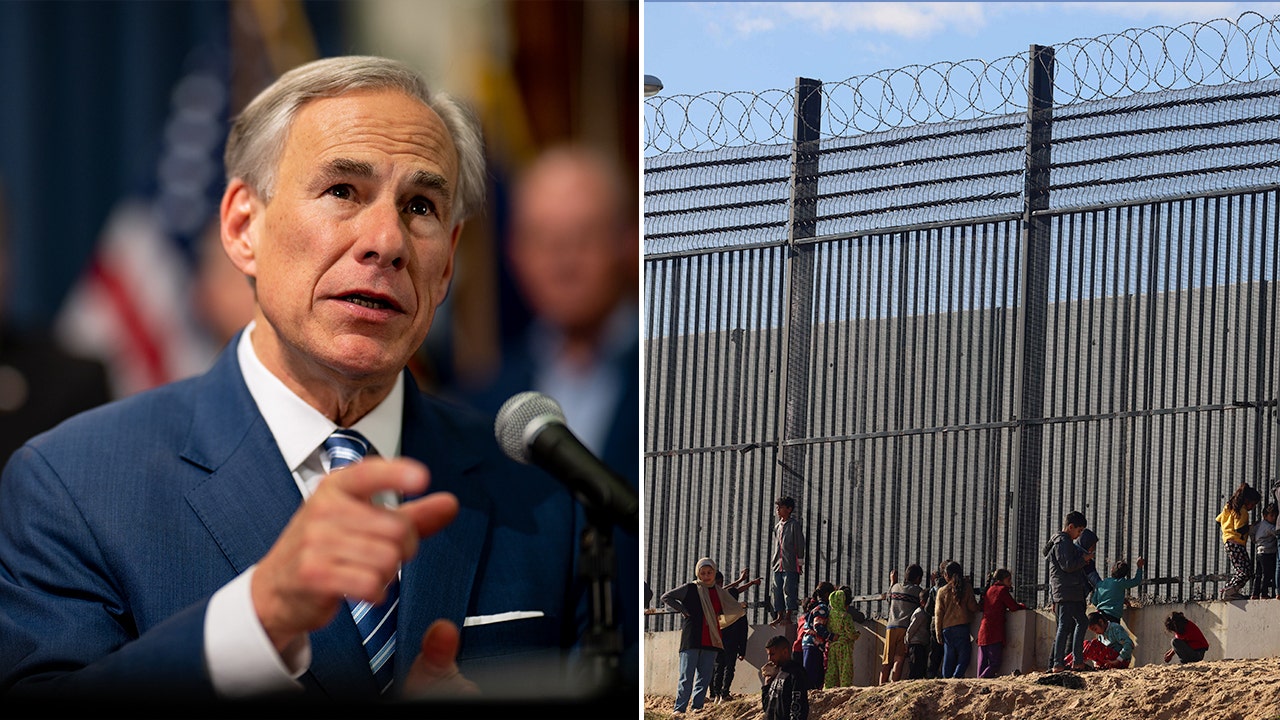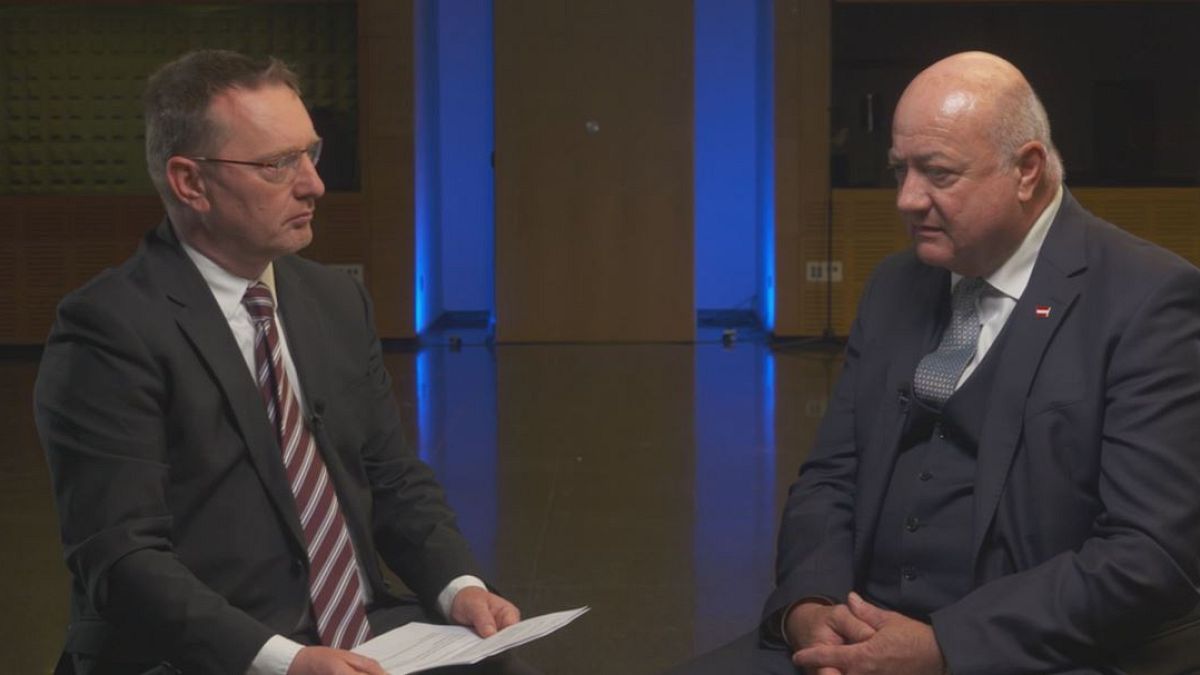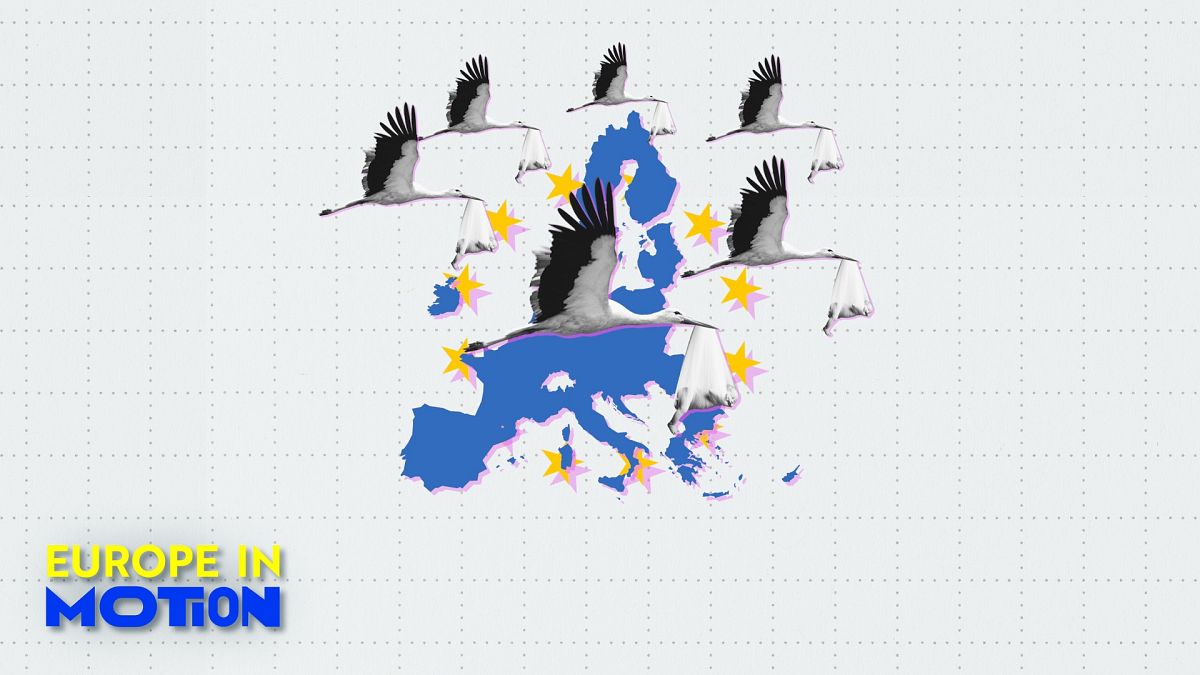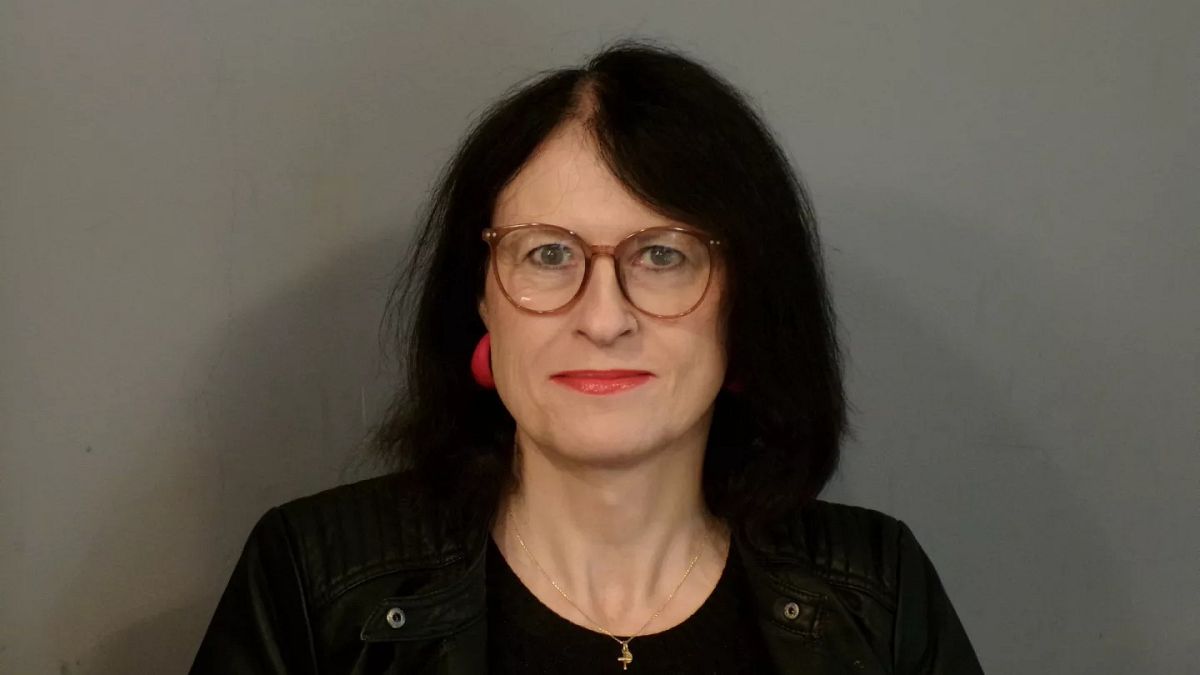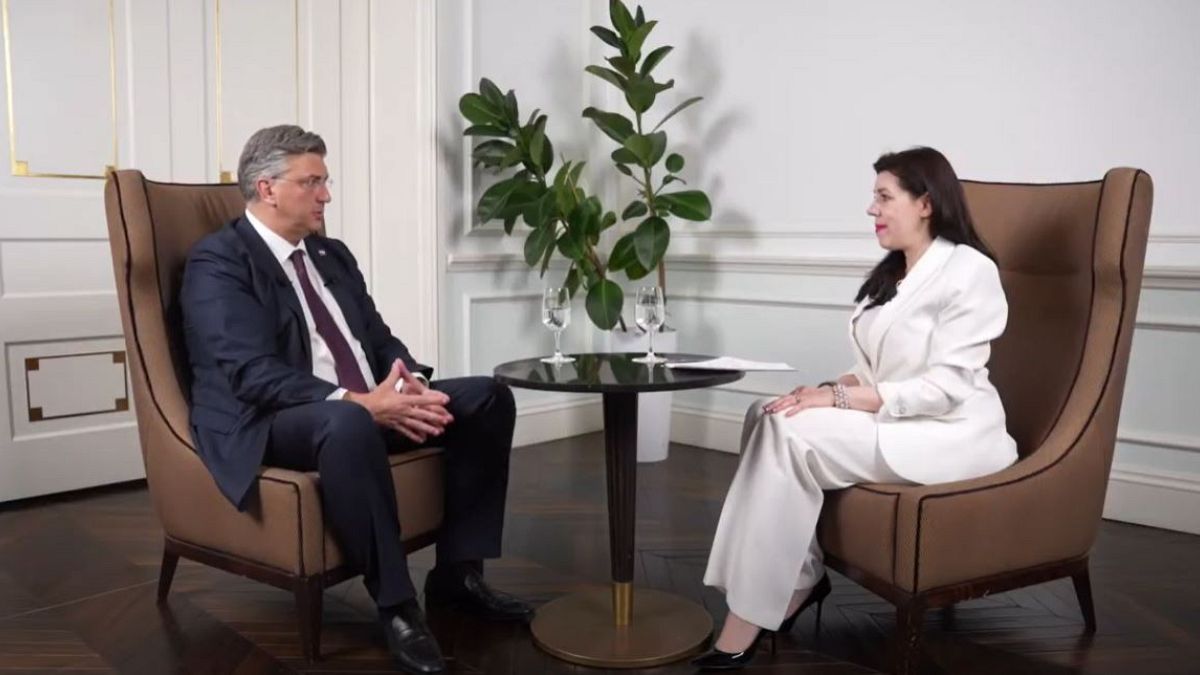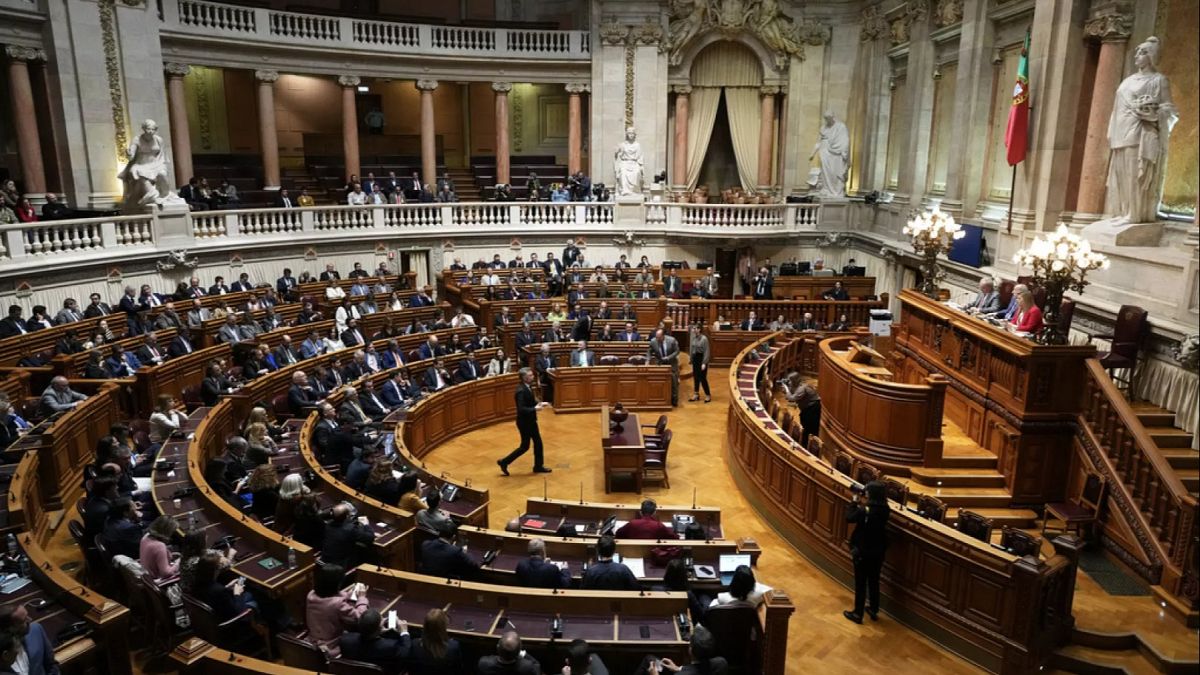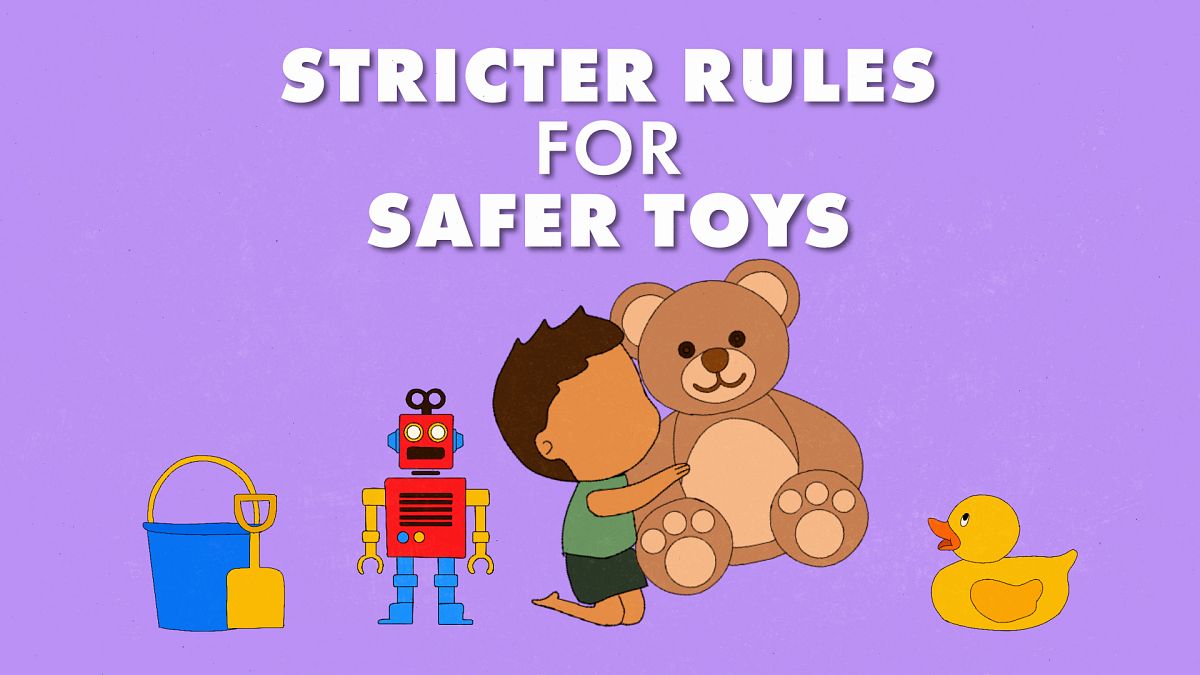Austria will not implement its controversial ban on family reunification for migrants until it has been cleared by the courts, Chancellor Christian Stocker told Euronews.
Vienna wants to protect its system from overloading, but critics objected that the plan was not compatible with European law.
“We have legal opinions that show that we can implement this in accordance with the law. I know that it is controversial. I assume that this will also be reviewed by the courts. We will wait for the courts’ decision and use it as a guide”, Stocker told Euronews’ Sandor Zsiros on the fringes of the EPP Congress in Valencia.
The planned measure means that migrants with so-called protected status — meaning they cannot be deported — will no longer be allowed to bring family members still living in their home countries to Austria.
Official figures show that 7,762 people arrived in Austria last year as part of family reunion procedures for migrants. In 2023 the figure was 9,254. Most new arrivals were minors.
Stocker pointed to what he described as the “painful experiences of 2015 and 2022” from which Europe still needs to learn lessons. That’s why illegal migration in Europe has to be reduced “massively” and deportations carried out consistently, he explained.
“What we want is that if someone does not have a residence permit and is not legally allowed to stay in Europe or in Austria, that they leave Austria again,” Stocker told Euronews.
“If only 20% of those who actually have no right of residence leave the European Union for their respective countries again, it is simply not enough. It should actually be 100%. So, 100% won’t be easy to achieve, but the goal must be 100%.”
In recent years, Austria has been confronted with high numbers of people seeking protection, particularly from Syria and Afghanistan, the Austrian chancellery said in a statement. The government in Vienna says the country’s systems are already working at capacity as a result, especially in the education, health and social sectors.
All over the EU, governments have been trying to cut the number of migrants settling in their countries. This crackdown is a harsh turnaround from the policies of a decade ago, when countries like Germany and Sweden welcomed more than 1 million migrants from war-torn countries.
Many communities and towns in countries such as Germany say they no longer have the capacity to find shelter or homes for migrants.
The EU is trying to keep more migrants from entering the bloc, and aims to move faster to deport those whose asylum applications are rejected.
